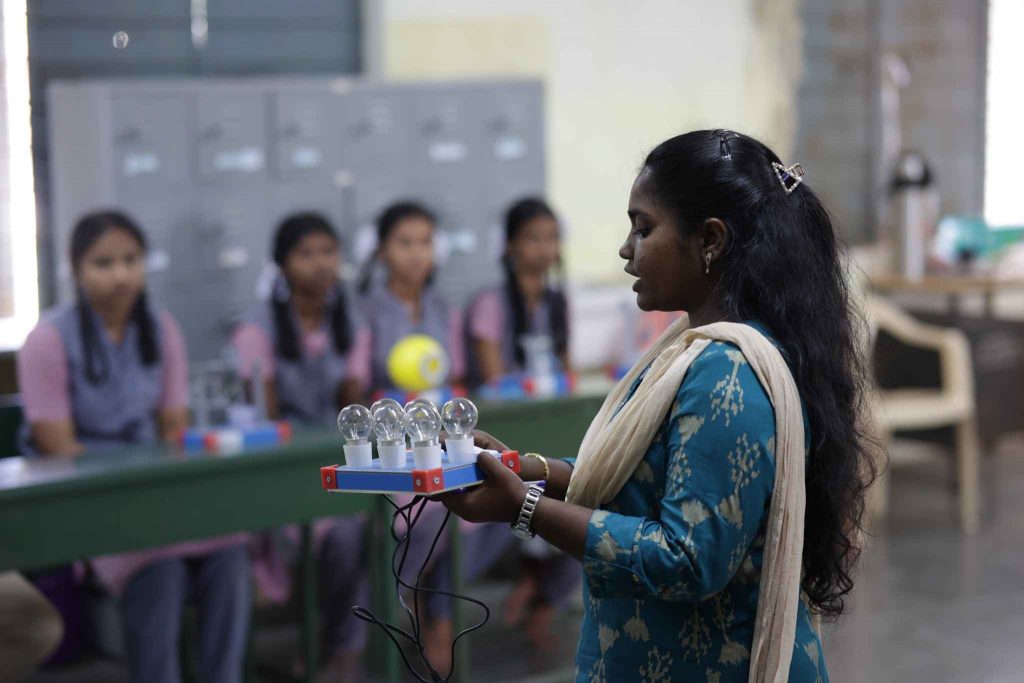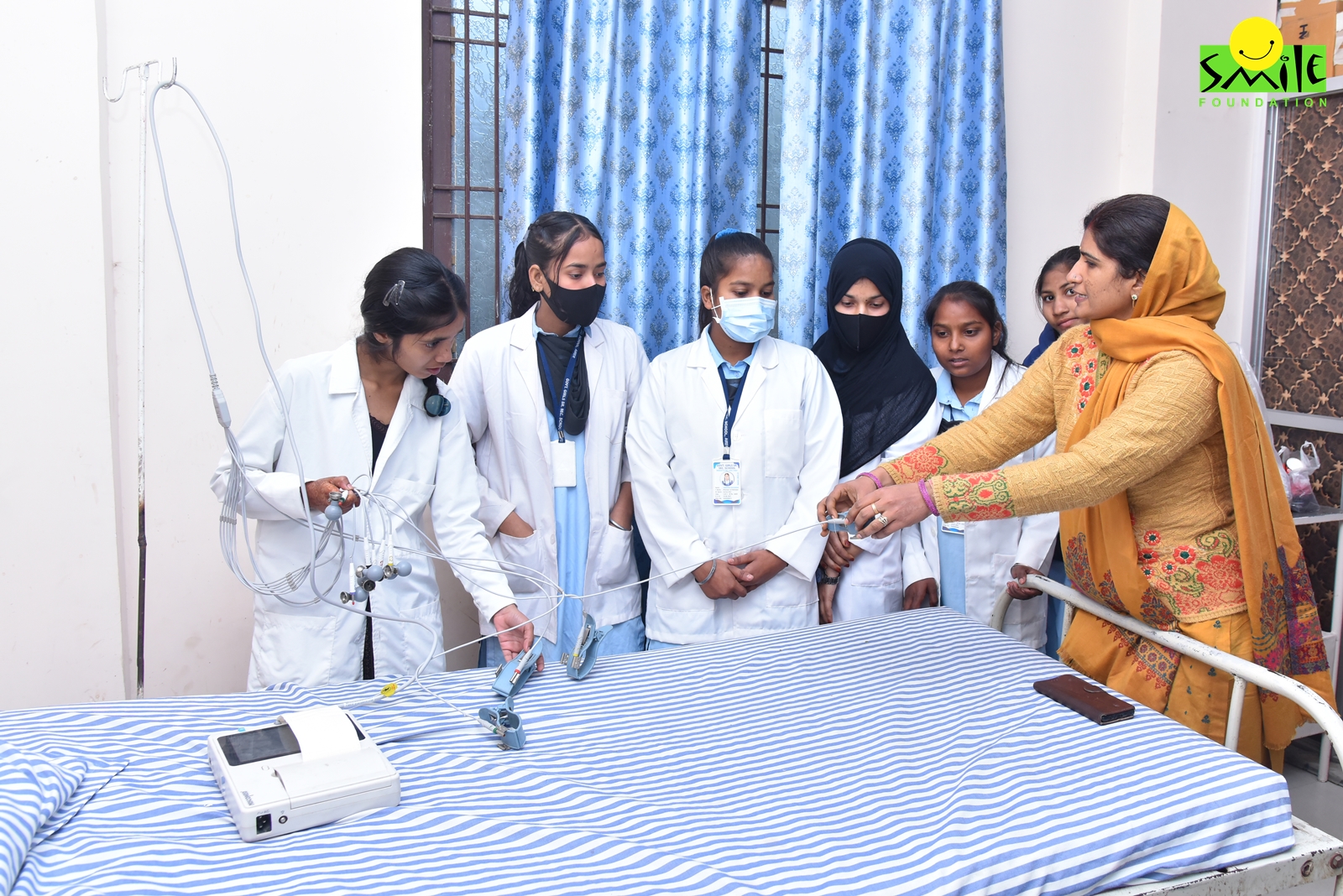What do Ayyalasomayajula Lalitha, Sudhira Das and Rajeshwari Chatterjee have in common? All three women were engineers, pioneers who successfully battled social norms and gender biases to become literal trailblazers in a male-dominated field. These women continue to serve as an inspiration for younger generations.
Widowed at the age of 18, Lalitha studied electrical engineering at the College of Engineering, Guindy. The first woman electrical engineer in India, she went on to be a consultant to the UN on engineering projects.
The first female engineer from Karnataka, Rajeshwari was a professor at the Indian Institute of Science (IISc), Bengaluru. She is known for the work she did on passive microwave devices. Sudhira, the first woman engineer from Odisha, is known for establishing the Women’s Polytechnic at Bhubaneswar in 1978.
Why are we remembering the contributions of these women today? On June 23, 2024, the world celebrates International Women in Engineering Day (INWED). The Women’s Engineering Society in the UK launched the National Women in Engineering Day in 2014. It was observed globally in 2017 and aims to celebrate women in engineering. This year, the theme is #Enhancedbyengineering, which recognises the contributions of women to various engineering disciplines.
Data Points
In India, more women are taking up engineering as a career. According to a survey conducted by Coursera from 2019 to 2024, 35% of all course enrollments were women as compared to 25% five years ago. In STEM (Science, Technology, Engineering, and Mathematics) courses, 32% were women learners, when compared to 22% five years ago.
An article on All Together, the blog of the Society of Women Engineers, says, “India has the highest number of female STEM graduates in the world — about 40%…. But ironically, we find only 14% of them in the workforce!”
The article gives data from the Union Ministry of Human Resource Development in 2020’s report for the academic year 2019-2020. The percentage of girls admitted in core engineering disciplines was: 5.9% for mechanical engineering, 22.5% for civil engineering, 22.7% for metallurgical engineering, 23.2% for chemical engineering, and 27.3% for electrical engineering. In disciplines such as mechanical engineering, the enrollment of women is the least.
There are several reasons why women do not opt for some core engineering disciplines or why they don’t join the workforce. These include lack of awareness about the sector, lack of role models, gender discrimination, hesitation to join male dominated disciplines and organisations, and family responsibilities.
A Business Insider article says, “40% of India’s women engineers don’t have jobs because of ‘rampant’ sexism at the workplace”. It showcases statistics from a survey conducted by the Society of Women Engineers and the Center for WorkLife Law at the University of California, Hastings College of the Law.
The survey, which interviewed 423 women and 270 men, says the employment rate of women engineers dropped from 35% in 2005 to 26% in 2018. One of the major reasons for the decrease was “gender discrimination during hiring decisions and bias faced at the workplace”.
Our Work
Various organisations across the world have been working to bridge the gender gap where women in STEM are concerned. Smile Foundation has been working in the field of education, healthcare, livelihood and women’s empowerment, launched a pan-Indian scholarship programme. The aim is to give aspiring engineers, with a special focus on women, the tools they need to make a mark in the field.
We have partnered with Deutsche Bank, Quantiphi, Quest Global and Siemens to conduct scholarship programmes. The six active projects benefit more than 2,000 students.
The scholarship covers the tuition fees for the four-year courses. Each student gets a laptop and access to other essential resources. They receive training in employability and communication, provided internship opportunities. We also help the students gauge industry needs by organising visits to sites, offices and various departments of potential employers. Based on the industry needs, they get relevant domain/ technical skills. Mock tests, aptitude tests and mock interviews help students prepare to face interviews. Placement assistance is provided in the final year of the course.
The first batch of 30 female students from Mumbai and Bengaluru selected for the Quantiphi’s Women Engineering Education Network (QWEEN) Scholarship programme, are pursuing engineering programmes in recognised universities. The programme, jointly conducted by Quantiphi, a leading data and analytics solutions company and Smile Foundation, got launched in January 2022. The aim is to promote gender diversity in engineering and financially support underserved girls. Another 15 girls from pan-Indian locations were selected for the scholarship programme in 2022.
The same year, we tied up with Deutsche Bank to provide engineering scholarships to 200 young women from underprivileged backgrounds. The selected students received scholarship letters and laptops at events held at Deutsche Bank offices in Bengaluru, Mumbai, Pune, and Jaipur.
Smile Foundation and International Women in Engineering Day
As we celebrate International Women in Engineering Day, let us recognise and support the incredible contributions of women in this field. By empowering and encouraging more women to pursue engineering, we pave the way for a more diverse and innovative future. At Smile Foundation, we remain committed to an inclusive environment where women engineers can thrive and make a lasting impact. Together, we can build a world where opportunities in engineering are accessible to all.









